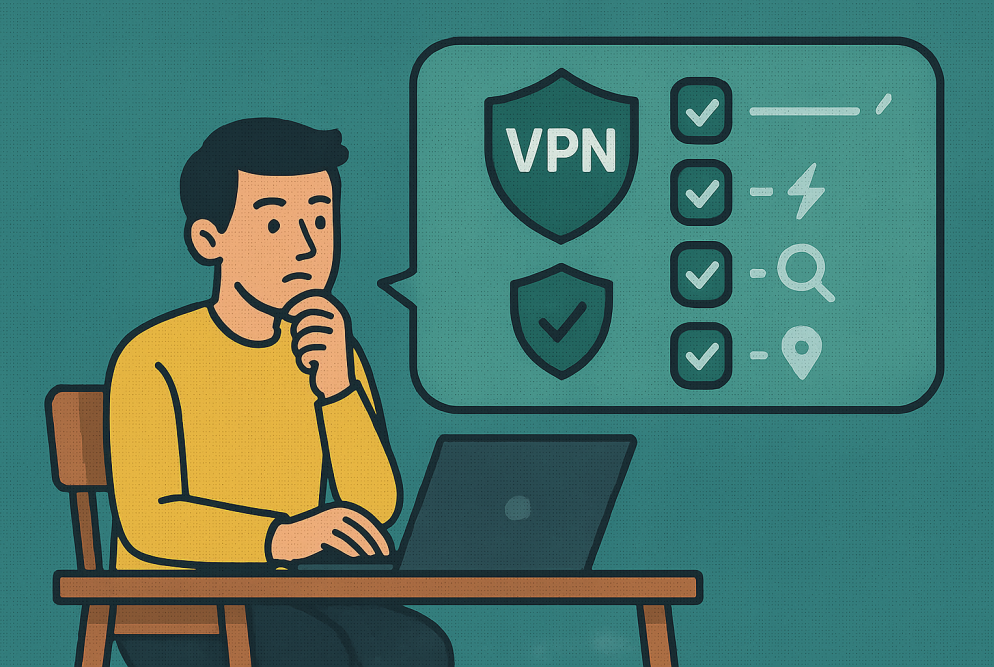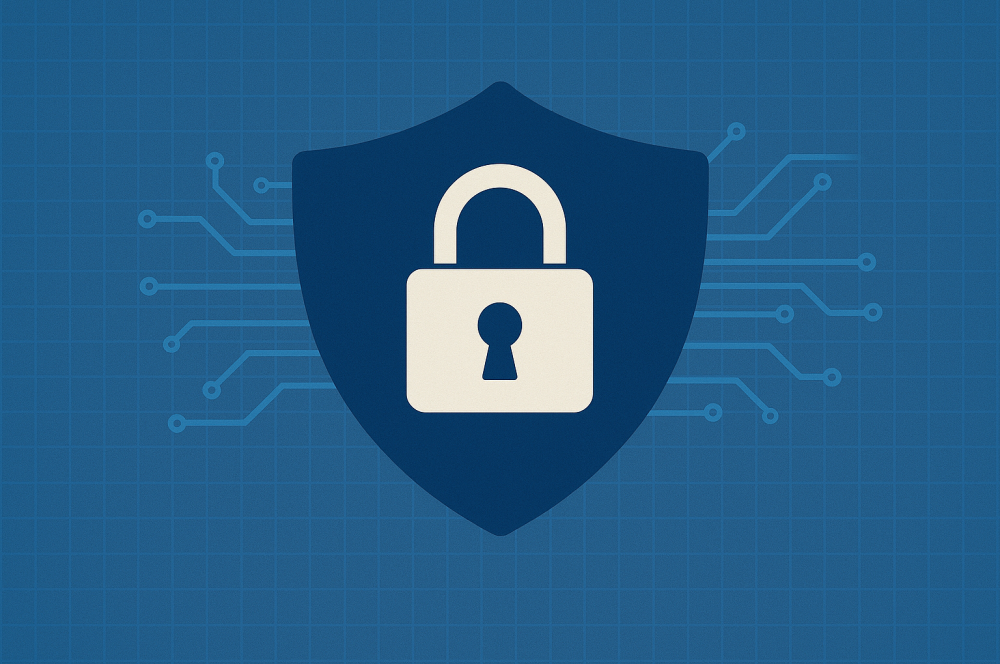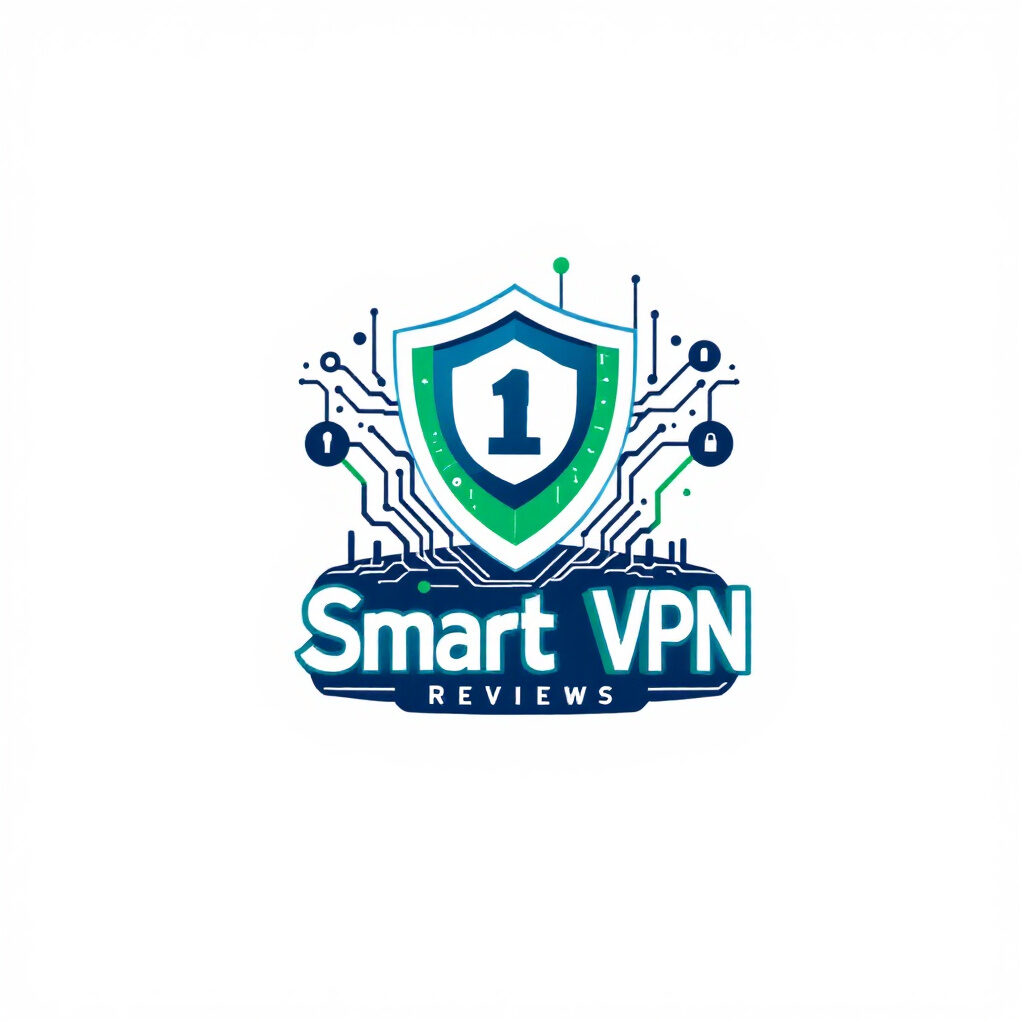
VPNs, or Virtual Private Networks, are all about keeping your online activities private and secure. In a world where digital footprints are as easy to track as a stroll in the park, VPNs cloak your internet activities, making you practically invisible online. They’re like the superhero cape for your browsing habits.
Using a VPN isn’t just about anonymity; it’s about safeguarding sensitive information. By creating an encrypted ‘tunnel’ for your data, a VPN ensures that whatever you send or receive stays private, shielding your personal details from prying eyes and potential hackers. Think of it like sending your information through an armored car instead of a postcard.
The magic lies in encryption and tunneling, the twin pillars of VPN technology. Encryption scrambles your data into gibberish that only authorized parties can decode. Meanwhile, tunneling creates a protected pathway through the vast internet terrains, hiding your online activities as you surf, shop, or stream away from home.
VPNs do have their quirks and limits. Sometimes they might slow down your connection since all that encryption takes time. They’re great for improving your security, but they won’t protect you from viruses or make you completely anonymous if you’re jumping on sketchy websites. It’s like putting on a bulletproof vest, but still needing to steer clear of danger zones
.
The Inner Workings: How Does a VPN Network Function?
A VPN shifts your data around the internet in a super organized way, using something called protocols. These protocols are like traffic cops directing how data should zoom through the encrypted highway. When you hit ‘connect’ on a VPN, it’s like activating stealth mode for your data. It’s masked, encrypted, and sent on a fast track where only it knows the way, thanks to those protocols.
The process kicks off with your device negotiating a connection with a VPN server somewhere else in the world. Your data gets encrypted before leaving your device, making snooping practically impossible. It’s like your own private express lane amidst the bustling data traffic of the internet.
Encryption is the tech wizard here, transforming your readable info into indecipherable code. But rest easy, because only the VPN server at the other end has the key to this code. It opens this encrypted packet, sending your request into the internet wilds, then fetches what you need, encrypting it again before sending it back. Kind of like having a secret agent fetch you a concert ticket—they know the way in without creating a stir.
VPNs are also your best pals for dodging geo-blocks and censorship barriers. These digital walls can’t determine your true location, because the VPN server acts like a buffer, showing its own location instead of yours. Want to stream the hottest new show that’s only available overseas? A VPN’s got your back.
Remember, though, while VPNs put those restrictions on ice, picking the right server will affect how smooth your binge-watching experience will be. It’s about finding that sweet spot where speed meets access. So, handpick servers near your desired content for that seamless experience.

Choosing the Right VPN: Key Features to Consider
Not all VPNs are built the same, so knowing what features to look for helps you snag the best option for your needs. A strong suit in any VPN’s arsenal is its encryption standards. Advanced encryption keeps your data wrapped up tight, meaning even the sneakiest hackers can’t break through.
Privacy advocates should zone in on VPNs with a strict no-log policy. This policy ensures the VPN service won’t keep any records of your online activities. It’s like having a diary that self-destructs the moment you close it, keeping your secrets well and truly yours.
Speed can make or break your VPN experience. Nobody likes a buffering wheel of doom, especially when you’re streaming or gaming. Look for a VPN that boasts reliable, high-speed connections without loading you down. An extensive range of servers in different locations is a big plus, too, letting you bypass regional restrictions like a pro.
Device compatibility is also a crucial consideration. The best VPNs play nice with all your gadgets—from laptops to smartphones to tablets. Having a user-friendly interface makes the VPN experience smooth and stress-free, allowing you to secure your digital life with just a click.

Top VPN Recommendations: Secure Your Digital World
When it comes to safeguarding your online freedom and privacy, choosing a top-tier VPN can make all the difference. First up, NordVPN is a crowd favorite for its robust security features and solid reputation. With its double encryption and easy-to-use interface, it’s a go-to choice for those who want that extra layer of protection without the hassle.
Next on the list, CyberGhost VPN is perfect for those keen on privacy with its own set of optimized servers for streaming and torrenting. It stands out by offering a simple, user-centric experience, making anonymity just a click away—ideal for beginners and pros alike.
Rounding out the trio, Surfshark VPN offers fantastic value for money without skimping on features. Known for its unlimited device connections and handy CleanWeb feature, which blocks ads and trackers, Surfshark is a reliable pick for families or anyone wanting to secure multiple devices.
Choosing between these three often boils down to personal needs and preferences. NordVPN’s security, CyberGhost’s user-friendly setup, or Surfshark’s affordability can be the factor that tips the scale. Whichever you choose, embedding a VPN in your digital toolkit can significantly enhance your online safety and freedom.
